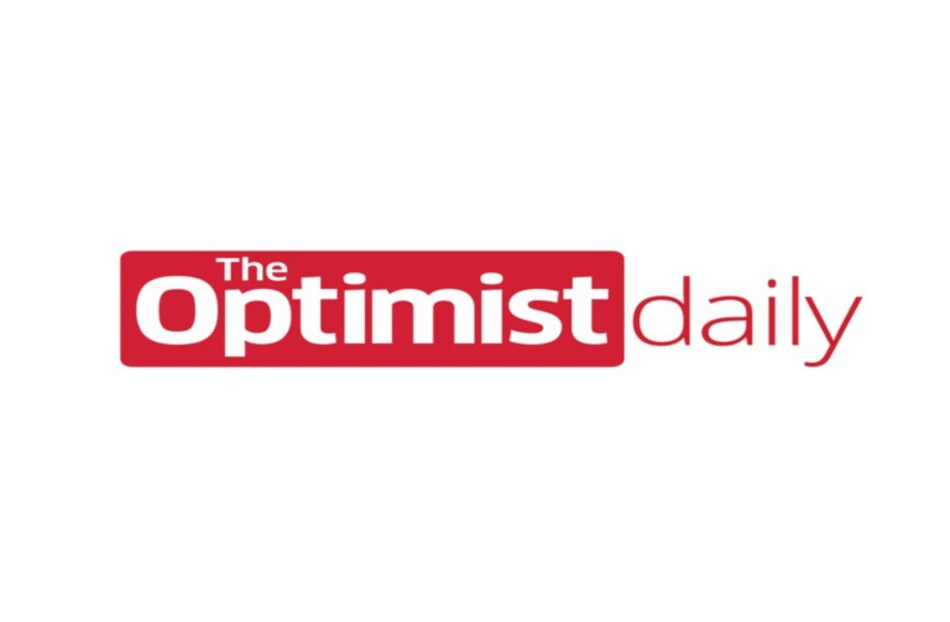Generally, people don’t start considering the benefits of consuming folate or folic acid until they’re pregnant, but the truth is that folate is an important nutrient for maintaining health at all phases of life.
What is folate anyway?
There is a common misconception that folate and folic acids are one and the same—well, we are here to tell you that they aren’t.
Folate is a B-vitamin (vitamin B9) that is naturally found in food. It helps make DNA and other genetic material and is crucial for cell division. Folate is often lumped together with pregnancy because it supports the growth and development of the baby’s brain, skull, and spinal cord. Our bodies don’t generate folate, making it an essential nutrient that we have to get from folate-rich foods.
Folic acid is the synthetic version of folate that is commonly found in supplements and fortified foods.
To reap the nutritional benefits of folate or folic acid, the nutrient needs to be in its active form. This process is more likely to take place if you get the vitamin naturally from folate foods rather than folic acid supplements. “This is because folate is converted into its active form in the digestive system before entering the bloodstream. With folic acid, however, not all of it is converted in the digestive system,” says the founder of 21-Day Body Reboot Lyssie Lakatos, RDN, CDN, CFT. “Instead, some needs to be converted in the liver and in other tissues, which is not an efficient process. Unmetabolized folic acid can sit in the bloodstream for a long time, and it can’t be utilized, which has been associated with a number of health problems.
New research on folate deficiency
A new review published in Frontiers in Neuroscience found that folate has a crucial role in the development of Alzheimer’s Disease, which is currently the most common type of neurodegenerative disease leading to dementia in the elderly.
The review included around 60 studies, each of which had a sample size ranging from 24 to 965. The results of this systematic review demonstrated that the folate level of Alzheimer’s patients was lower compared to the healthy controls, suggesting that a deficiency of folate may increase the risk for Alzheimer’s, so sufficient daily intake of folate could very likely reduce the risk of Alzheimer’s.
It is recommended that adults consume 400 micrograms (mcg) of folate daily. If you’re pregnant, then the recommended amount goes up to 600-1000 mcg. Here are five of the best sources of folate.
Edamame
Half a cup of cooked edamame provides you with 60 percent of the daily requirement. It’s a quick and easy snack that, on top of folate, provides a sustained energy boost due to its fiber and protein content, which help to stabilize blood sugar.
Lentils
A half-cup of cooked lentils has 179 mcg of folate, which is just under half of the daily requirement. They are also a great source of protein, fiber, and iron, which is beneficial for vegetarians who are more likely to be iron deficient.
Asparagus
Just half a cup of asparagus has 164 mcg of folate (40 percent of the daily requirement). It’s also a great source of anthocyanins, antioxidants that help protect the body from the damage caused by free radicals.
Spinach
Half a cup of steamed spinach will get you one-third of the daily 400 mcg requirement. Spinach also supports your immune system and skin health because it’s rich in vitamin C. Spinach is another fantastic choice for those on a plant-based diet as it is a good source of iron and calcium.
Black Beans
Half a cup of black beans has 128 mcg of folate, which is approximately a third of the daily requirement. They also provide a healthy dose of fiber, antioxidants, and protein.












